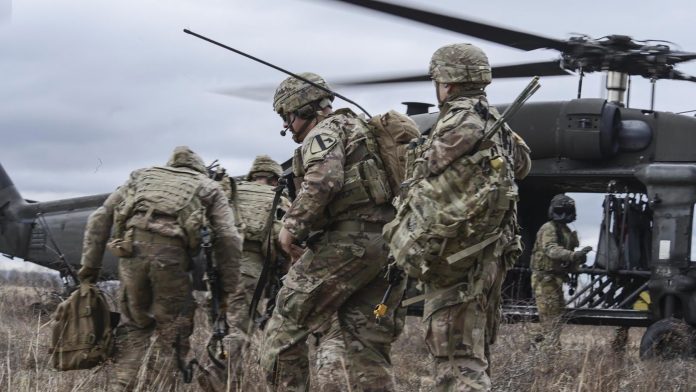
Russia said on Tuesday some of its troops were returning to base after exercises near Ukraine and mocked Western warnings about a looming invasion, but NATO said it had yet to see any evidence of a de-escalation that could avert a military conflict.
Russia did not say how many units were being withdrawn, and how far, after a build-up of some 130,000 Russian troops to the north, east and south of Ukraine that has triggered one of the worst crises in relations with the West since the Cold War.
German Chancellor Olaf Scholz said after meeting President Vladimir Putin in the Kremlin that the withdrawal of some Russian troops was a good sign.
Others were more cautious. British Prime Minister Boris Johnson said “the intelligence that we’re seeing today is still not encouraging”, and Ukraine said the reported pullback needed to be seen to be believed.
“If we see a withdrawal, we will believe in a de-escalation,” Interfax Ukraine quoted Ukrainian Foreign Minister Dmytro Kuleba as saying.
NATO’s chief welcomed signals from Russia in the past two days that it may be looking for a diplomatic solution but urged Moscow to demonstrate its will to act.
“There are signs from Moscow that diplomacy should continue. This gives grounds for cautious optimism. But so far we have not seen any sign of de-escalation on the ground from the Russian side,” NATO Secretary-General Jens Stoltenberg told reporters.
He said Russia often left military equipment behind after exercises, creating the potential for forces to regroup.
At a joint news conference with Scholz, Putin referred only briefly to the troop moves and did not go into details.
Russia has always denied planning to invade Ukraine, saying it can exercise troops on its own territory as it sees fit. It has been pressing for a set of security guarantees from the West, including a guarantee that Ukraine will never join NATO.
Putin told reporters Russia would not be satisfied with talk that the former Soviet republic was not ready to join any time soon and was demanding that the issue be resolved now.
“As for war in Europe…about whether we want it or not? Of course not. That is why we put forward proposals for a negotiation process, the result of which should be an agreement on ensuring equal security for everyone, including our country,” he said.
Scholz said the diplomatic possibilities were far from exhausted.
“For us Germans but also Europeans, sustainable security can only be reached .. with Russia. Therefore it should be possible to find a solution. No matter how difficult and serious the situation seems to be, I refuse to say it is hopeless,” he said.
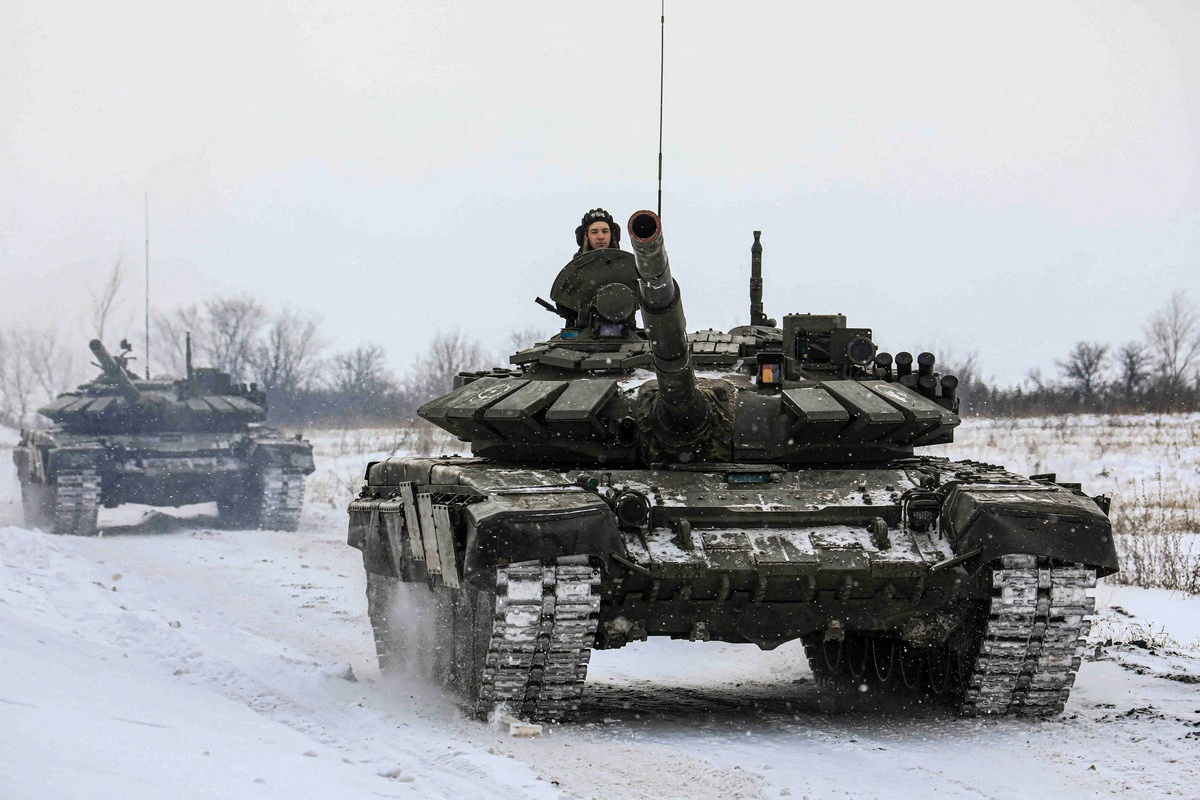
In a separate development, Russia’s lower house of parliament voted to ask Putin to recognise two Russian-backed breakaway regions in eastern Ukraine as independent.
Recognition of the self-declared Donetsk and Luhansk People’s Republics could kill off the Minsk peace process in east Ukraine, where a conflict between government forces and Moscow-backed separatists has killed 15,000 people.
Asked about the move, Putin said the regions’ problems should be solved on the basis of the Minsk agreements, which were signed in 2014 and 2015 but have never been implemented. Scholz said all sides should stick to those accords.





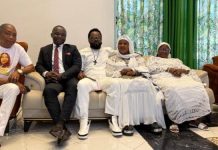





























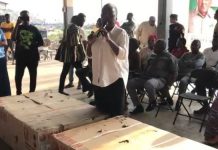
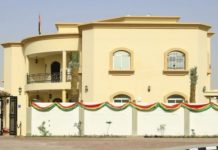
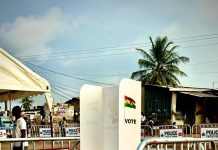


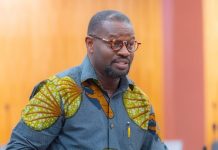


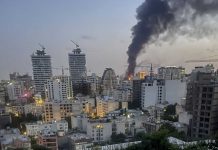












![[FREE FREE MONEY] Predict and Win a Guaranteed GH¢200 From Us EVERY WEEK](https://wordpress.ghanatalksradio.com/wp-content/uploads/2022/02/Predict-and-Win-Final-09-03-2021-218x150.jpg)
![[Predict & Win – 8th/Oct.] WIN A Guaranteed ¢200 From Us This Week](https://wordpress.ghanatalksradio.com/wp-content/uploads/2021/10/maxresdefault-16-218x150.jpg)
![[Predict & Win – 2nd] WIN A Guaranteed ¢200 From Us This Week](https://wordpress.ghanatalksradio.com/wp-content/uploads/2021/09/maxresdefault-50-218x150.jpg)
![[Predict & Win – 25th] WIN A Guaranteed ¢200 From Us This Week](https://wordpress.ghanatalksradio.com/wp-content/uploads/2021/09/maxresdefault-36-218x150.jpg)
![[Predict & Win – 18th] WIN A Guaranteed ¢200 From Us This Week](https://wordpress.ghanatalksradio.com/wp-content/uploads/2021/09/maxresdefault-23-218x150.jpg)








![[National cathedral] See full list of churches that have contributed since 2018](https://wordpress.ghanatalksradio.com/wp-content/uploads/2020/09/Ghana-National-Cathedral-GhanaTalksRadio-100x70.jpg)



